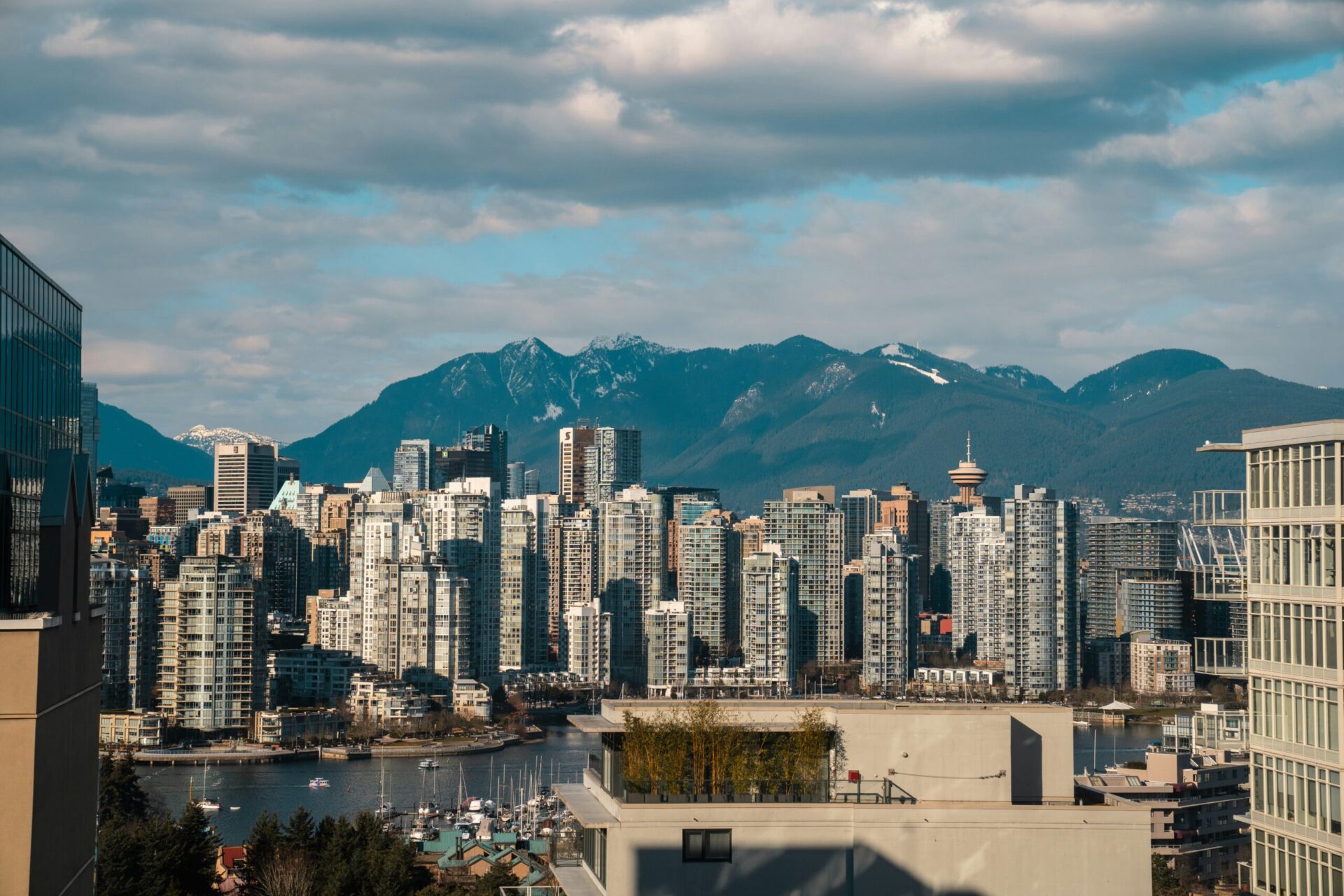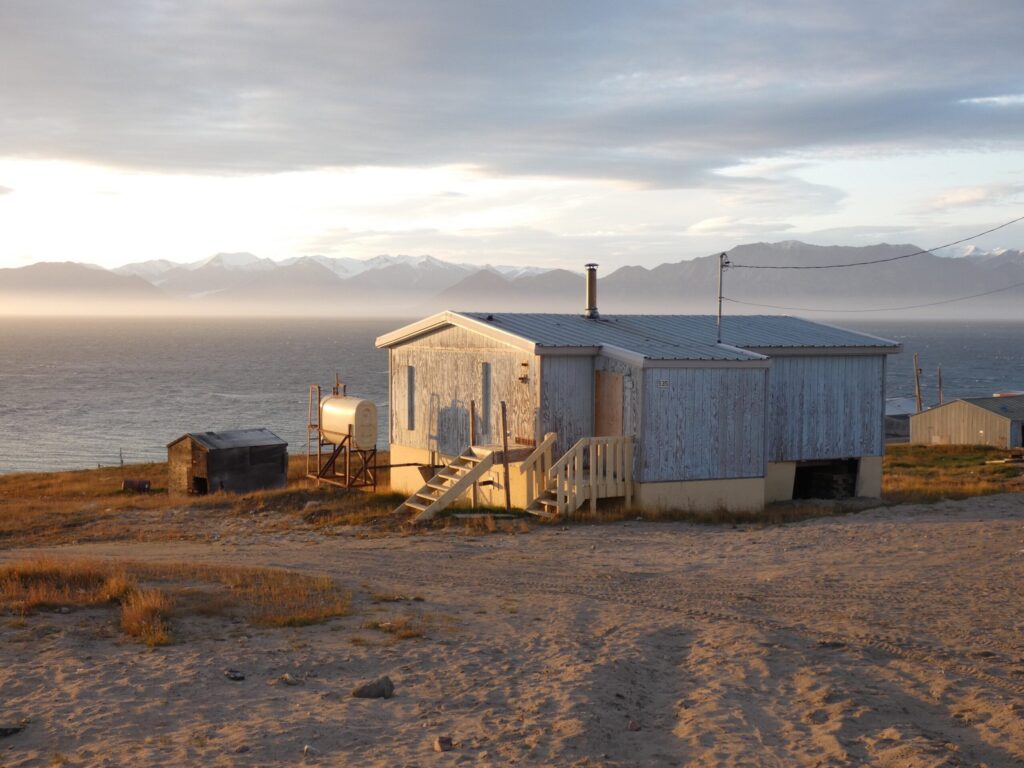Living in British Columbia offers stunning scenery, thriving cities, and a desirable lifestyle – but all of that comes at a cost. In 2025, many British Columbians are struggling to keep up with rising expenses across housing, groceries, transportation, and utilities. Many feel that the cost of living in BC is getting out of control.
Whether you live in Vancouver, Victoria, Kelowna, or a smaller community, it’s essential to understand what it actually costs to live in BC today. At Spergel, our Licensed Insolvency Trustees (LITs) have helped over 100,000 Canadians tackle debt. And we know the cost of living plays a major role in financial wellbeing. In this guide, we use the latest available data, trusted sources, and real-world insight to help you understand the cost of living in BC – and what to do if your expenses are adding up.
What’s the average cost of living in BC in 2025?
Recent estimates from Statistics Canada, Numbeo, and the Canada Mortgage and Housing Corporation (CMHC) suggest:
| Household type | Estimated monthly cost (2025) |
|---|---|
| Single adult | $3,400 – $4,000 |
| Couple | $5,500 – $6,600 |
| Family of four | $7,200 – $8,500 |
These ranges include basic housing, food, utilities, transit, and healthcare. Actual costs vary depending on location and lifestyle.
The cost of living in BC: a breakdown
Here’s a closer look at where your money goes each month – from rent and groceries to transportation and utilities – based on the latest available data.
Housing
Housing remains BC’s most significant living expense – particularly in Vancouver and Victoria.
- Average rent for a 1-bedroom apartment in Vancouver (city centre): ~$2,650 [source: Liv.rent report, June 2025 lists average rent as $2,223 (down from $2,734 in May)]
- Average rent in Victoria: ~$2,200 [source: Rentals.ca]
- Average home price in BC: ~$942,884 [source: WOWA.ca Housing Market Report, April 2025]
Transportation
British Columbia has some of the highest transportation costs in the country:
- Average gas price in BC (May 2025): ~$1.83/litre [source: Statistics Canada]
- Annual car insurance (ICBC average): ~$1,950 [source: Ratehub.ca]
- TransLink monthly adult pass (all zones, Vancouver): $189 [source: TransLink]
Groceries and food
Food prices continue to rise year-over-year in BC:
- Monthly grocery bill (single adult): $475–$575 [source: Canada Food Price Report]
- Family of four: ~$1,200–$1,400
- Food inflation in BC: ~5.8%
Utilities and internet
Even with BC Hydro’s low electricity rates, utilities add up – especially in winter:
- Average monthly cost (electricity, water, heat, internet): $300–$450 [source: MovingWaldo]
Healthcare and insurance
While BC residents no longer pay MSP premiums, most still pay out of pocket for:
- Prescription medication
- Dental and eye care
- Physiotherapy, therapy, and other non-OHIP services
Private insurance often costs $75–$200/month depending on plan type and coverage.
Comparing cities and regions in BC
Living costs in BC vary significantly depending on where you are – urban centres like Vancouver come with premium price tags, while smaller or more remote communities may offer relief in some areas and added costs in others.
| Region | Housing Cost | Transit Access | Affordability |
|---|---|---|---|
| Vancouver | Very high | Excellent | Low |
| Victoria | High | Good | Moderate |
| Kelowna/Kamloops | Moderate | Limited | Moderate |
| Northern BC | Lower rent | Very limited | Mixed (higher food/utility costs) |
For a more affordable BC lifestyle, look to interior and northern cities like Prince George, Quesnel, or Terrace.
How does BC compare to other provinces?
British Columbia is often seen as one of the most expensive provinces in Canada – but how does it really stack up against places like Alberta, Ontario, or the Maritimes? Here’s how BC compares when it comes to housing, transportation, taxes, and everyday essentials.
- BC has the highest average home price in Canada.
- Groceries and utilities are more expensive than in Alberta, Manitoba, or the Maritimes.
- Fuel and insurance are also among the most expensive in the country.
- BC’s PST is 7% (added to the federal 5% GST on most goods and services).
Despite high living costs, BC continues to attract residents with its economic opportunities, healthcare services, and natural beauty.
Budgeting tips for BC in 2025
Here’s how to take more control of your finances this year:
- Use Spergel’s FREE budgeting template.
- Download apps like Flipp and Checkout 51 to save on groceries, and learn how to coupon.
- Compare ICBC and private auto insurance options annually.
- Apply for BC Hydro rebates and the BC Family Benefit if eligible.
- Consider meal planning and price-matching at local grocers.
What if you’re falling behind?
The high cost of living in BC means more people are relying on credit cards, payday loans, or skipping bill payments just to get by. At Spergel, we help British Columbians explore real debt relief solutions, including:
- Consumer proposal: reduce your debt by up to 80% with one affordable monthly payment – and no interest. You keep your home and assets.
- Debt consolidation: combine multiple debts into one loan at a lower rate (if you qualify), simplifying your finances.
- Bankruptcy: as a last resort, bankruptcy can give you a legal fresh start and stop creditor harassment.
All services are administered by a Licensed Insolvency Trustee (LIT) – Canada’s only government-regulated debt professionals. Book a free consultation today with an experienced Spergel Licensed Insolvency Trustee.
FAQs: BC living costs
Got questions about what it really costs to live in BC? Here are some of the most common questions we hear – from liveable wages to which cities are most affordable.
What’s a liveable income in BC in 2025?
Single person: $45,000 – $55,000/year
Family of four: $90,000 – $110,000/year
What is the BC living wage in 2025?
According to Living Wage BC (formerly Living Wage for Families BC), the 2024–2025 living wage rates – calculated for a two-parent, two-child household – are as follows:
- Metro Vancouver: $27.05/hour
- Victoria: $26.78/hour
- Kamloops: $23.69/hour
What’s the most expensive part of living in BC?
Housing, groceries, and fuel are the top expenses for most BC residents.
Is BC more expensive than Ontario?
Yes – for housing and fuel. Groceries and taxes are comparable depending on region.
Get support today
If the rising cost of living in BC is pushing you deeper into debt, you’re not alone. Spergel has Licensed Insolvency Trustees across BC who understand the unique financial pressures you’re facing – and can help you find a path forward. There’s no judgment. Just honest advice and clear solutions. Book your free consultation now.



















